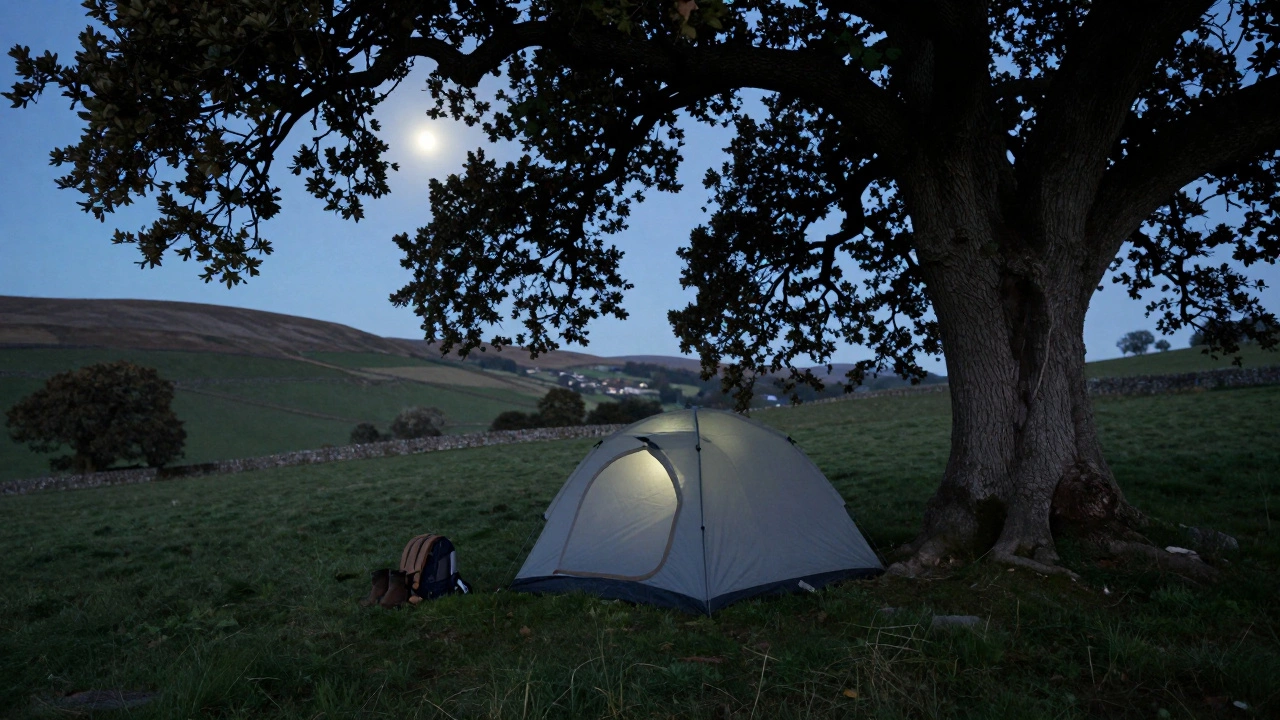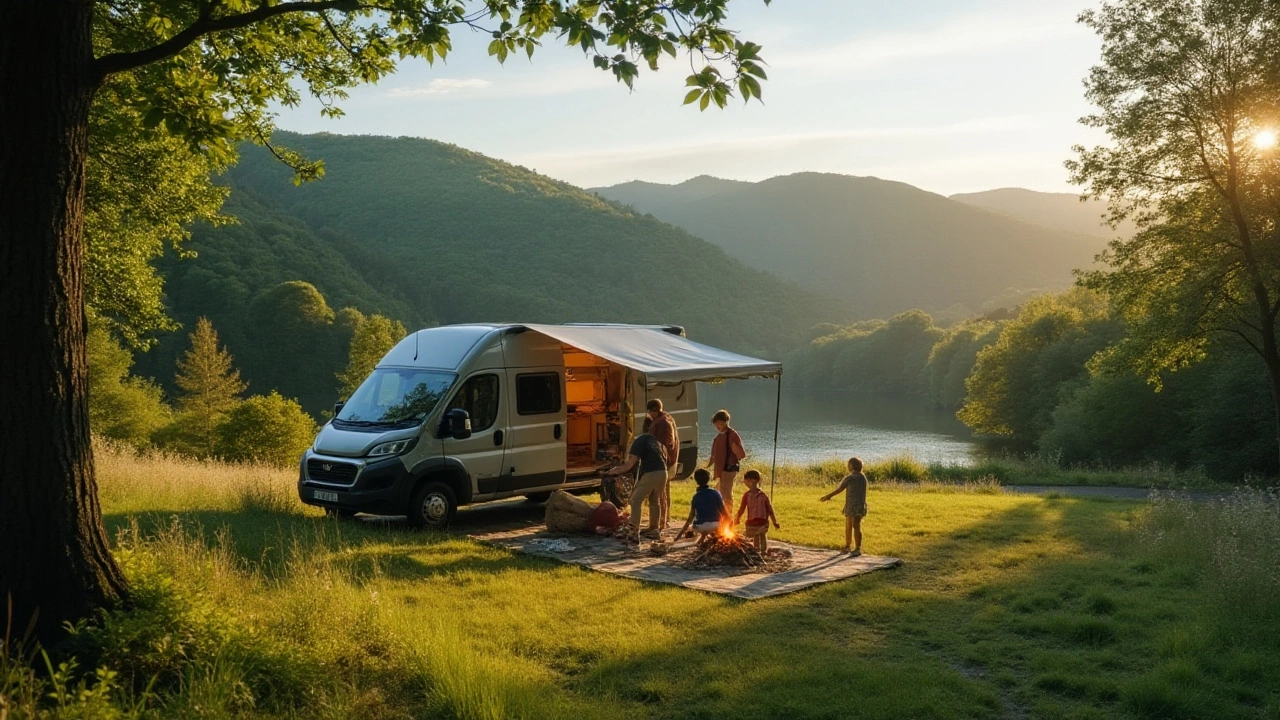Stealth Camping: Stay Hidden and Enjoy the Freedom
Ever wanted to park your motorhome or set up a tent in a hidden spot and not worry about complaints or fines? That’s what stealth camping is all about – staying low‑profile, respecting the land, and keeping your adventure smooth.
What Is Stealth Camping?
Stealth camping means you camp in places that aren’t official campsites but you do it quietly. Think of a quiet road verge, a secluded lay‑by, or a forest clearing where you’re not obvious. The goal isn’t to break any law; it’s to blend in, leave no trace, and avoid attracting attention.
Top Tips for Successful Stealth Camping
Pick the right spot. Look for areas with natural cover – trees, hedges, or a slight dip in the land. A spot that’s out of sight from the road or main footpaths works best. Arrive early, check the surroundings, and make sure you’re not on private property.
Keep it short. Most people stay for a night or two. The longer you stay, the higher the chance someone will notice. Pack up early in the morning before anyone else is around.
Stay clean. Use a portable toilet or the facilities at the nearest legal campsite. Pack out all waste, food scraps, and litter. A clean site disappears as quickly as it appeared.
Don’t light big fires. A small, contained stove works fine for a hot drink. If you must make a fire, keep it tiny, use a fire pan, and extinguish it completely before you leave.
Blend with your vehicle. If you’re in a motorhome, park close to the curb, keep lights off, and avoid opening curtains. A camouflaged awning or a plain tarp can help the vehicle look like a regular parked van.
Know the local rules. In England and Wales, wild camping is mostly illegal, but there are loopholes on some public lands and certain coastal areas. Scotland’s Access Code is more permissive, but you still need to respect landowners and leave no trace.
Use quiet gear. A low‑profile rooftop tent or a compact pop‑up tent makes it harder for passers‑by to spot you. Choose muted colours that match the surroundings.
Plan an exit strategy. Have a backup campsite or a legal site you can head to if you feel uneasy or if someone approaches.
Stealth camping isn’t about breaking the law – it’s about being a considerate camper. By following these simple steps, you can enjoy the freedom of the open road without the hassle of fines or complaints.
Ready to try it? Grab your gear, pick a spot off the beaten path, and remember: stay low, stay clean, and leave nothing behind.
Why Is Stealth Camping Illegal in the UK?
Stealth camping is illegal in most of the UK because land is privately owned and camping without permission counts as trespassing. Learn why Scotland is different, where you can legally camp wild, and what happens if you get caught.
Exploring the Differences Between Boondocking and Stealth Camping
Venturing into the world of camping, one may encounter terms like boondocking and stealth camping. These practices offer distinct ways of experiencing the great outdoors, catering to both families seeking adventure and solo travelers craving solitude. While boondocking often involves staying at more remote locations, usually off the beaten path without traditional amenities, stealth camping typically necessitates remaining out of sight and leaving no trace. Understanding these differences can enhance your camping experience and help you choose the right option for your next outdoor getaway.

